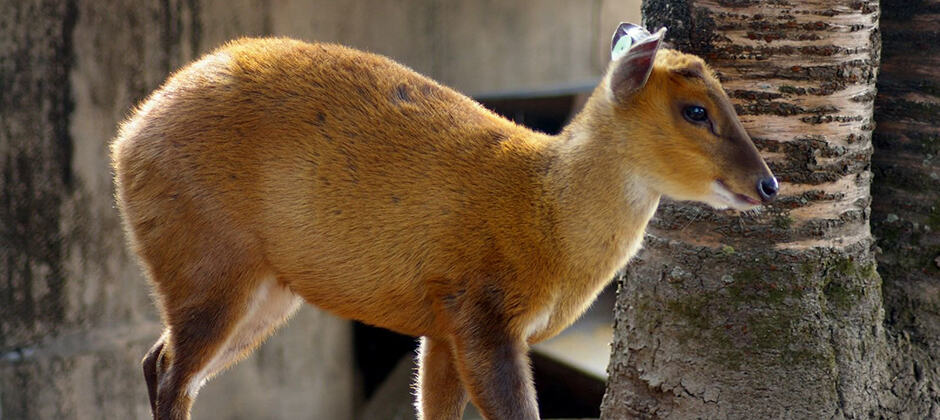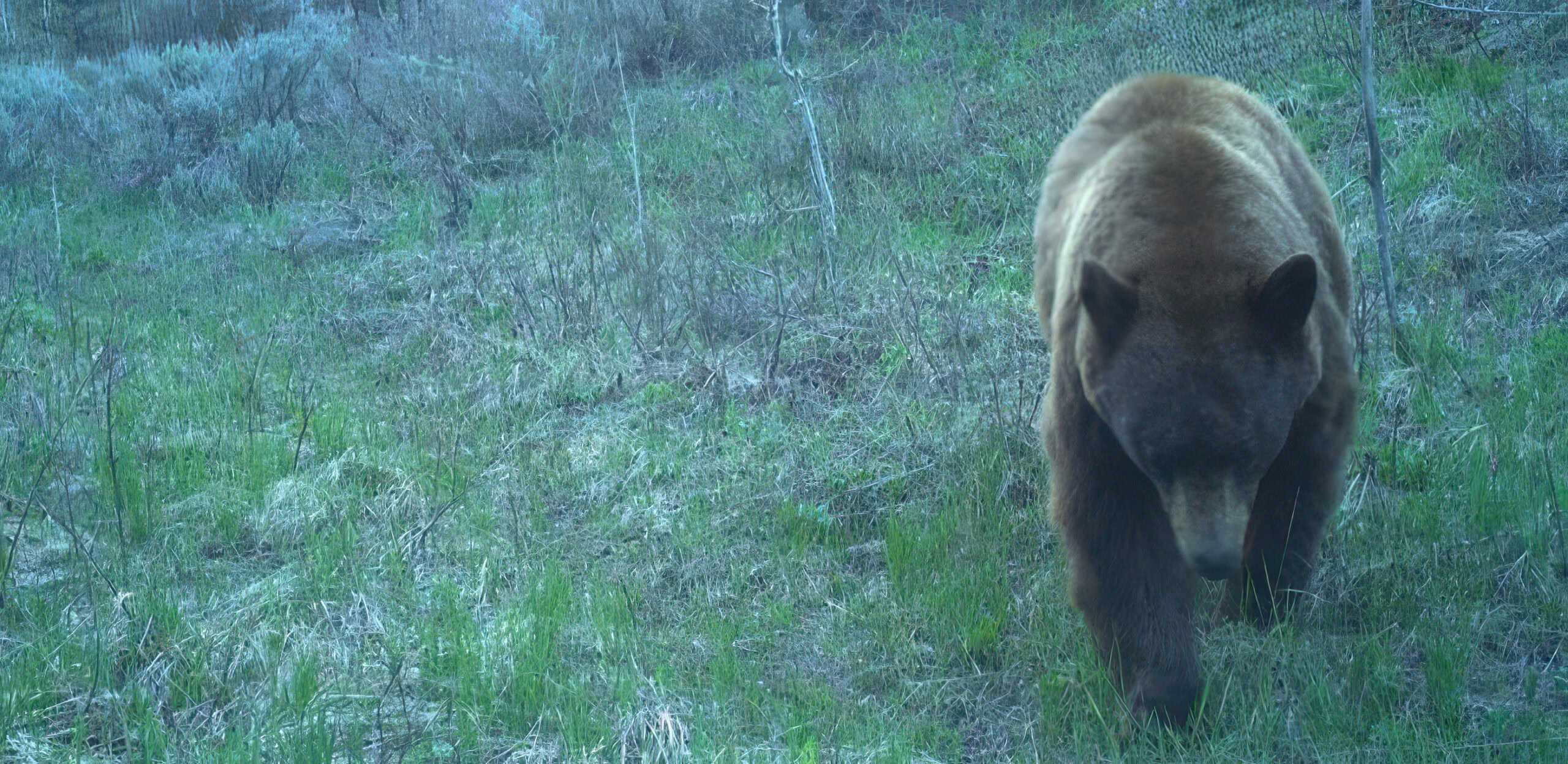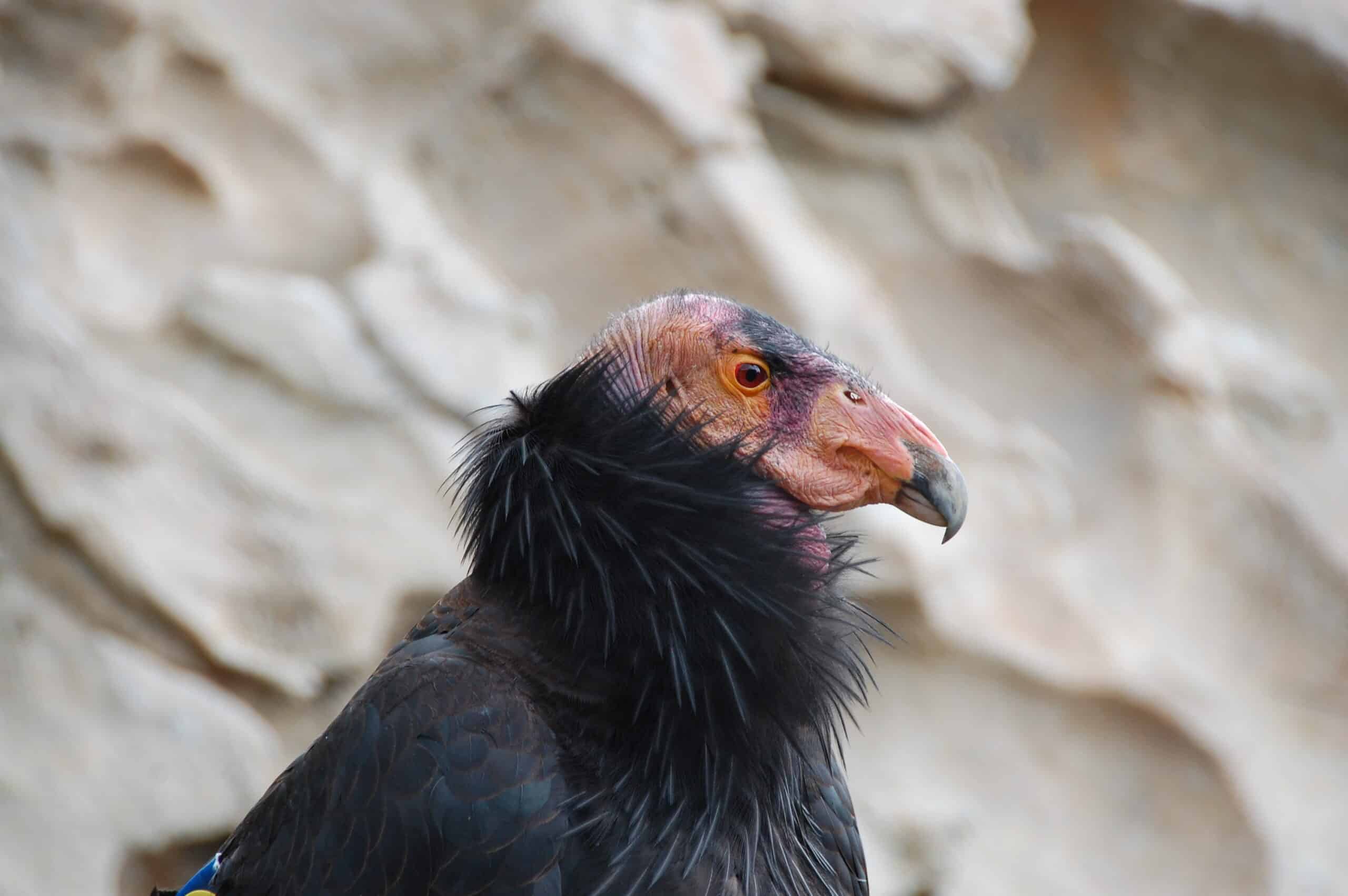Share this article
WSB: China’s new wildlife shows imperfect progress
Despite some shortcomings, China’s recent Wildlife Protection Law provides a step in the right direction toward protecting species commonly poached for wildlife products, according to a recent analysis.
Critics complain the law focuses only on certain high value species and could serve to legitimize poaching. “We wanted to pick up the criticism and discuss it in light of the new law,” said Torsten Wronski, a senior lecturer at Liverpool John Moores University and one of the co-authors of a study recently published in the Wildlife Society Bulletin. The research was led by Wenxia Wang from the Chinese Academy of Forestry.
China’s 2017 Wildlife Protection Law made sweeping changes to the protection of the country’s wildlife. Some conservationists were quick to criticize it, particularly its focus on protecting only endangered species or species with economic or cultural value. They also worried a centerpiece of the law — new labeling system to identify products derived from legally bred wildlife — could end up hiding products created from poached animals.
For the researchers, this effort to remove animal products from the black market is better than having no labels at all. “The demand for illegal products will decrease. That’s the logic,” he said.
Prior to the law, breeding centers for endangered species were illegal. Under the new law, centers can be licensed to raise animals such as musk deer (Moschus spp.), one of several species of fanged deer whose scent glands produce the precious musk, which is sold in the wildlife trade market to produce perfumes and traditional Chinese medicine.
“Musk is more precious than gold at the moment,” Wronski said.
But musk deer products were mostly illegal, he said. Under the new regulations, government officials hope they can better monitor breeding centers and enforce better conditions.
Breeding centers are also focusing on white rhinos (Ceratotherium simum) now, Wronski said, but since these are relatively new, it’s difficult to say whether they have had an impact on poaching.
Law enforcement for wildlife crimes was also improved, he said. “The intensity of legal prosecution and penalties was increased.”
This article features research that was published in a TWS peer-reviewed journal. Individual online access to all TWS journal articles is a benefit of membership. Join TWS now to read the latest in wildlife research.
Header Image: Chinese breeding centers are focusing on raising white rhinos in captivity (the ones pictured are in central Kenya). ©Ray in Manila








